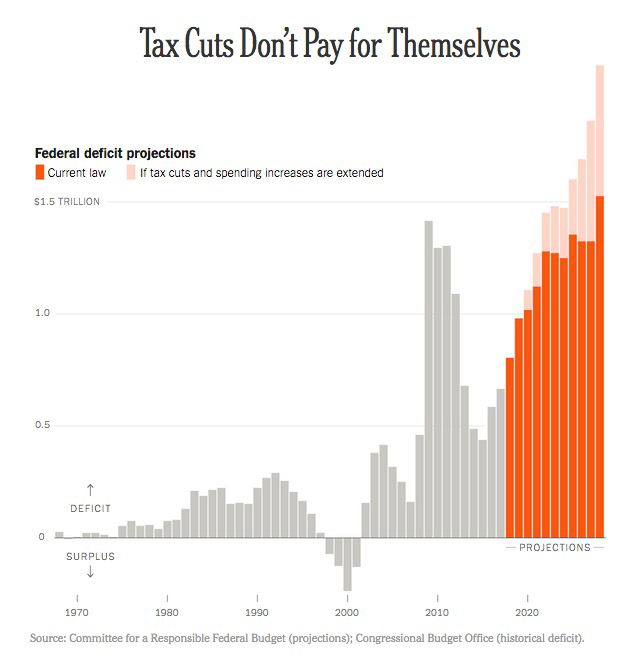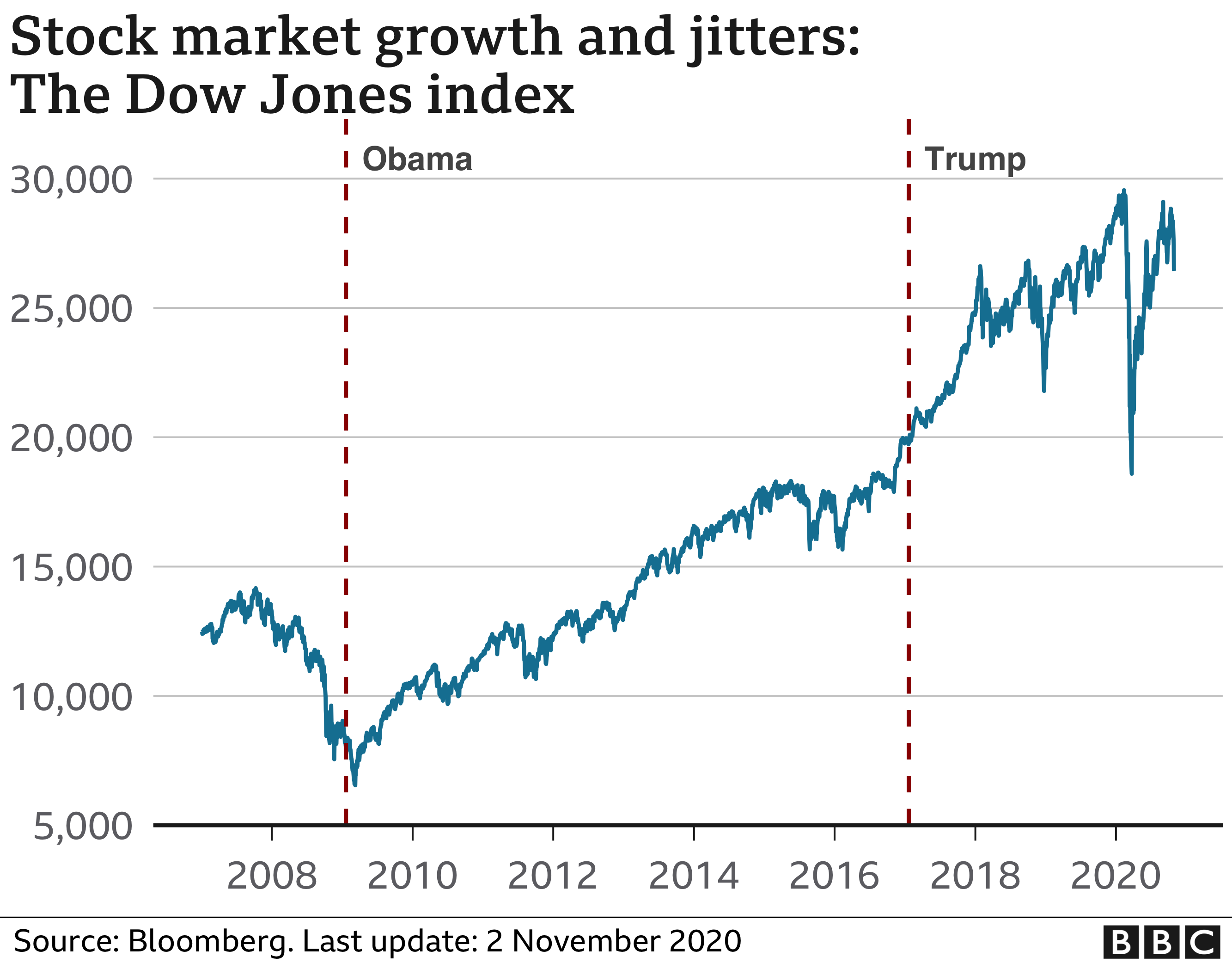The Complexities Of The Chinese Market: A Look At BMW And Porsche's Challenges

Table of Contents
Intense Competition in the Chinese Automotive Market
The Chinese automotive market is fiercely competitive, saturated with both established international brands and rapidly growing domestic players. This intense competition manifests itself in several key areas. Chinese brands like BYD, NIO, and Geely are not only aggressively expanding their market share but are also rapidly innovating, particularly in the electric vehicle (EV) sector. This leads to frequent price wars and a constant need for innovation to stay ahead.
- High number of domestic and international brands: The market is flooded with options, creating a highly competitive landscape.
- Aggressive pricing strategies from Chinese brands: Domestic manufacturers often undercut international competitors on price, leveraging economies of scale and government support.
- Rapid technological advancements in Chinese-made vehicles: Chinese automakers are rapidly advancing in technology, particularly in areas like electric vehicles, autonomous driving, and connectivity features.
- Growing preference for electric vehicles and hybrid models: The Chinese government's strong push towards electric vehicles is driving significant demand and shaping the market landscape.
Understanding Unique Chinese Consumer Preferences
Chinese consumers are diverse, with preferences varying significantly based on region, age, and income levels. While luxury brands like BMW and Porsche maintain a strong appeal, understanding the nuances of these preferences is critical for success. Brand image and social status remain paramount, but technological advancements and connectivity features are also increasingly important factors in purchase decisions. The influence of social media and online reviews cannot be overstated – a strong online presence and positive reviews are vital for driving sales.
- Importance of brand prestige and luxury appeal: Luxury brands still hold significant value, signifying social status and success.
- Growing demand for technological features and connectivity: Chinese consumers are tech-savvy and demand advanced features in their vehicles.
- Preference for specific vehicle types based on region and lifestyle: Consumer preferences for vehicle size and type vary considerably across different regions and lifestyles.
- Influence of social media and online reviews on purchasing decisions: Social media platforms like WeChat play a crucial role in shaping opinions and influencing purchasing decisions.
Regulatory Hurdles and Navigating the Legal Landscape
Navigating the Chinese regulatory landscape presents a significant challenge for foreign automakers. Strict emission standards, complex import/export processes, and bureaucratic hurdles require careful planning and strategic partnerships. Compliance with data privacy and cybersecurity regulations is also becoming increasingly important.
- Strict emission standards and environmental regulations: China is aggressively pursuing stricter environmental regulations, impacting vehicle design and production.
- Complex import and export processes and tariffs: Navigating the import/export processes and understanding the tariff structure is crucial for profitability.
- Navigating local partnerships and regulatory approvals: Establishing successful partnerships with local entities is often necessary to secure regulatory approvals.
- Data privacy and cybersecurity regulations: Compliance with increasingly stringent data privacy and cybersecurity laws is essential.
BMW and Porsche's Strategies and Adaptations
BMW and Porsche have adopted various strategies to overcome the Chinese market complexities. BMW has focused on localization strategies, including developing tailored models to suit specific Chinese preferences. Porsche, on the other hand, has leveraged its strong luxury brand image and prestige marketing to appeal to affluent Chinese consumers. Both companies have also successfully forged joint ventures and partnerships, facilitating market access and regulatory compliance.
- BMW's localization strategies, including tailored models: BMW has adapted its models and marketing to better resonate with Chinese consumer tastes.
- Porsche's focus on luxury branding and prestige marketing: Porsche continues to highlight its brand’s exclusivity and heritage to appeal to its target audience.
- Successful examples of joint ventures and partnerships: Both brands have collaborated with local partners to improve market penetration and regulatory compliance.
- Adaptation to the electric vehicle market in China: Both are investing heavily in electric vehicle technologies to meet the growing demand.
Overcoming the Complexities of the Chinese Market
Successfully navigating the Chinese market complexities demands a deep understanding of consumer preferences, a meticulous approach to regulatory compliance, and a willingness to adapt strategies based on market dynamics. The experiences of BMW and Porsche highlight the importance of localization, strategic partnerships, and a keen awareness of evolving consumer trends. While the challenges are significant, the potential rewards are immense. Further research into consumer trends, regulatory landscapes, and competitive strategies is crucial for any company aiming to succeed in this dynamic and lucrative environment. Don't underestimate the intricacies; understanding the nuances of the Chinese market complexities is key to unlocking its potential.

Featured Posts
-
 Canadas Conservatives Tax Cuts And Deficit Reduction Plan
Apr 24, 2025
Canadas Conservatives Tax Cuts And Deficit Reduction Plan
Apr 24, 2025 -
 Early Detection Matters Lessons From Tina Knowles Breast Cancer Journey
Apr 24, 2025
Early Detection Matters Lessons From Tina Knowles Breast Cancer Journey
Apr 24, 2025 -
 Three Years Of Data Breaches Cost T Mobile 16 Million In Fines
Apr 24, 2025
Three Years Of Data Breaches Cost T Mobile 16 Million In Fines
Apr 24, 2025 -
 Ftc Investigates Open Ais Chat Gpt What This Means For Ai
Apr 24, 2025
Ftc Investigates Open Ais Chat Gpt What This Means For Ai
Apr 24, 2025 -
 John Travolta Honors Late Son Jetts 33rd Birthday With Moving Photo
Apr 24, 2025
John Travolta Honors Late Son Jetts 33rd Birthday With Moving Photo
Apr 24, 2025
Latest Posts
-
 Analyzing The Change In Elon Musks Net Worth The Trump Presidencys First 100 Days
May 10, 2025
Analyzing The Change In Elon Musks Net Worth The Trump Presidencys First 100 Days
May 10, 2025 -
 Analyzing The Impact Of Teslas Stock Performance On Dogecoins Value The Elon Musk Factor
May 10, 2025
Analyzing The Impact Of Teslas Stock Performance On Dogecoins Value The Elon Musk Factor
May 10, 2025 -
 How Donald Trumps First 100 Days Impacted Elon Musks Net Worth
May 10, 2025
How Donald Trumps First 100 Days Impacted Elon Musks Net Worth
May 10, 2025 -
 Recent Tesla Stock Drop How It Affected The Price Of Dogecoin And Elon Musks Influence
May 10, 2025
Recent Tesla Stock Drop How It Affected The Price Of Dogecoin And Elon Musks Influence
May 10, 2025 -
 Trump Trade War Billionaire Losses Reach 174 Billion
May 10, 2025
Trump Trade War Billionaire Losses Reach 174 Billion
May 10, 2025
